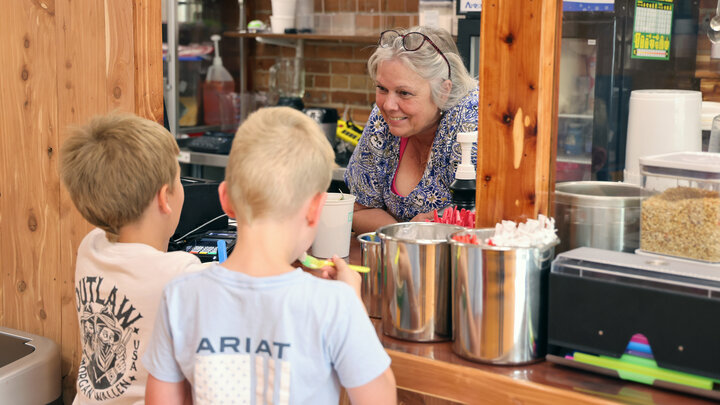Feature stories/news
Local Events
ServSafe Food Safety Training Offered in the Panhandle
ServSafe Food Manager and Food Handler trainings are now open for registration! Whether you manage a food operation or work directly with food, these nationally recognized courses cover essential food safety practices—including foodborne illness prevention, personal hygiene, safe food handling, and sanitation—and meet Nebraska food safety requirements. Certification includes a proctored exam.
If you have questions, please reach out to the Morrill County Extension Office at 308-262-1022.

Upcoming Events
Error: The node referenced for the Node Include component no longer exists.



